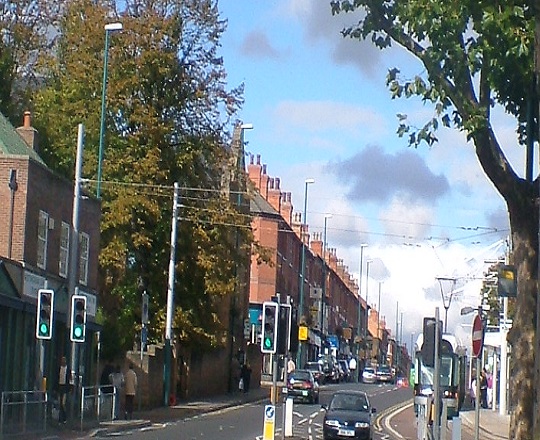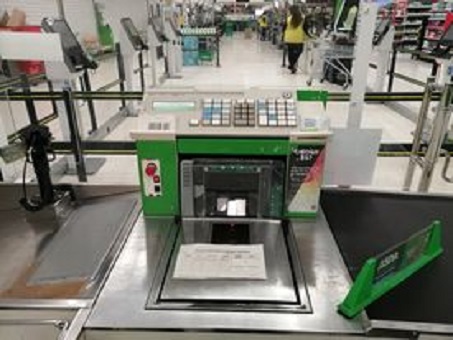The effect of supermarkets on small businesses

Two or three generations ago the weekly shop might take at least a day and involve separate visits to a greengrocer, fishmonger and butcher among others. At each shop customers would need to queue to be served. These shops were at the heart of every community and offered friendly personal service, even if it was annoying being second in the queue and having to listen to the shopkeeper gossiping to the person being served.
It is easy to see that the effect of supermarkets on small businesses has been damaging and removed whole sectors from the High Street. While supermarkets have created jobs, they have been low paid, certainly in comparison with the earnings of the local butcher or fishmonger they replaced.
As out of town supermarkets became the norm, the problem was thought to be getting worse. Then in the 1990’s the Government decided that if new supermarkets were located at the edge of town and city centres, they could perhaps have a more positive effect on the shopping areas. Research by the University of Southampton ten years later seemed to bear that out.
A few years ago I was commissioned by Nottingham City Council to carry out some studies of shopping centres, among them Hyson Green, an area that had become a byword for a run down “inner city” area, and where a once thriving shopping centre had struggled because the main road through it was not an essential route into the city.
In addition a supermarket had been built at Hyson Green, which local traders thought would have an effect on the small businesses endangering what little business they had left.
The results of my own research surprised me.
The supermarket attracted customers from around the city, and about half of them visited the shopping area as well. The supermarket provided two things that local authorities are not keen on – free car parking (which is ample and reasonably secure) and free toilets (which are kept clean). So specialist businesses were able to establish themselves nearby.
The Hyson Green shopping area is still not what it used to be in the age of greengrocers and fishmongers, but it is better than it might have become.
Supermarkets in suburban or out of town locations probably do have a major negative effect on small businesses, but carefully located they can be part of a strategy for regenerating local centres. I should also perhaps point out that unlike its near neighbours, Leicester and Sheffield, there is no large scale out of town shopping centre near Nottingham.
Supermarkets benefit from being big businesses in a sector that was once dominated by small businesses, and from being able to adapt more quickly to changing trends in the fast changing world of retail.
Supermarkets have also allowed us to buy products that were not widely available previously. We now take pistachio nuts and turkish coffee for granted, but it wasn’t that long ago that they were difficult to find. Often they are able to anticipate trends. Ten years ago there was a small “free from” section at my local supermarket, stocked with goods that were rapidly approaching their sell by dates. Today free from is a large and profitable section. Supermarkets have also been well laced to deal with the increase in vegan and vegetarian shopping.
The supermarkets were able to achieve their dominance through an extensive system of transportation, warehousing and stock control. They stock around 30,00 different products and expect to never sell out of any of them, as do their customers. But there are still only a handful in each city.
We are now seeing the rise of the discounters with smaller stores, often closer to where people live. They have few products by comparison, and their customers seem to have no expectation that they will find everything that they want.
Photo: The Hyson Green shopping area
.


